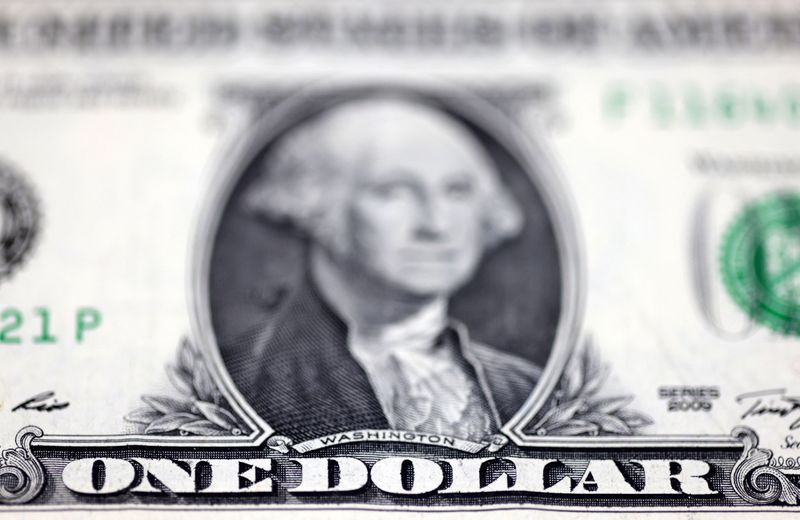By Ambar Warrick
Investing.com-- Most Asian currencies rose sharply on Friday, while the dollar hit a two-month low as softer-than-expected U.S. inflation data ramped up expectations that the Federal Reserve will slow its pace of interest rate hikes.
Sentiment was also aided by Hong Kong relaxing some COVID curbs, which spurred renewed speculation that China could do the same in the near-term.
China’s yuan rose 0.3% to 7.1669 against the dollar, its strongest level in over two weeks. Local stock markets rallied on the prospect of some relaxation in COVID curbs.
But Chinese authorities have dismissed recent speculation over such a move, as the country faces its worst outbreak since May.
Broader Asian currencies rose, while the dollar sank as investors positioned for a smaller interest rate hike by the Fed in December. The South Korean won was the best performer in Asia, rising 1.7% to a near three-month high, while the Malaysian ringgit led gains across Southeast Asia with a 1.2% jump.
The Taiwan dollar and Indian rupee both drifted higher after rallying sharply in the prior session, while the Australian dollar rose 0.1% to a 1-½ month high.
Bucking the trend on Friday, the Japanese yen fell 0.6% after data showed producer price inflation grew at its fastest pace in over 40 years in October.
But the currency stuck to a two-month high against the dollar after surging 3% in the prior session.
The dollar index and dollar index futures fell 0.2% each, with both indicators languishing at a two-month low after data showed U.S. CPI inflation grew 7.7% in October, its slowest pace in nine months.
The reading gives the Federal Reserve impetus to hike interest rates by a relatively smaller 50 basis points in December. Markets are also positioning for such a move, with traders pricing in an over 80% chance of the Fed hiking rates at a slower clip.
A bevy of Fed members also said this week that they support such a move to avoid damaging the economy.
A slower pace of interest rate hikes is beneficial for Asian currencies, as it keeps gains in the dollar and Treasury yields subdued.
But given that inflation is still well above the Fed’s 2% annual target, the bank signaled it is likely to keep raising interest rates until it sees more favorable trends for prices.
